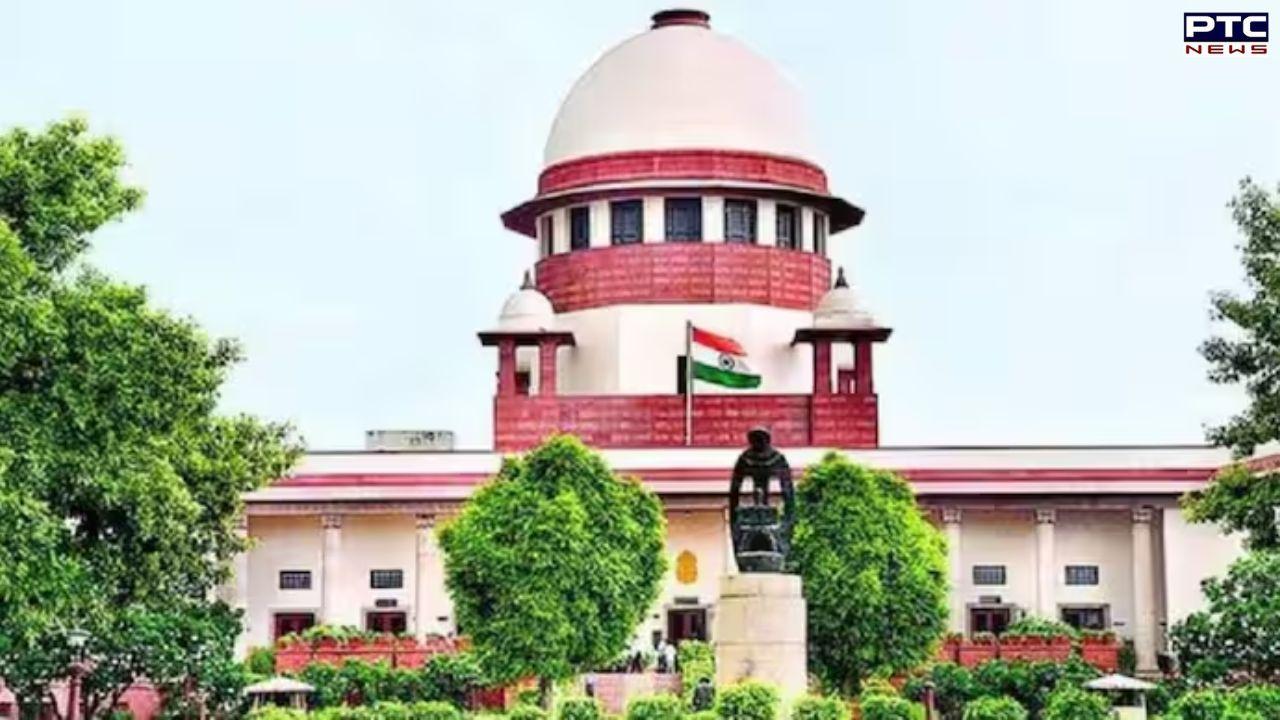Supreme Court stays Centre's notification on misleading ads of Ayurvedic drugs
The Supreme Court on Tuesday stayed a government decision issued on July 1 that eliminated the requirement for manufacturers of Ayurveda, Siddha, and Unani drugs to obtain prior licensing permission before publishing advertisements.

PTC News Desk: The Supreme Court on Tuesday stayed a government decision issued on July 1 that eliminated the requirement for manufacturers of Ayurveda, Siddha, and Unani drugs to obtain prior licensing permission before publishing advertisements.
A bench led by Justice Hima Kohli took strong exception to the Centre releasing a notification that contradicted repeated court orders aimed at strengthening the legal mechanism against misleading ads of health and medicinal items as they affect citizens' well-being.
Pulling up the Centre for eliminating this rule from the statute book, the bench, which also included Justice Sandeep Mehta, said, "In our opinion, the notification (of July 1) flies in the face of the order passed by this court."
The ruling was issued in response to a petition submitted by the Indian Medical Association (IMA) alleging that Patanjali Ayurved's misleading ads violated many laws and standards governing the field.
The court allowed the Centre to file an affidavit detailing its reasons for releasing the July 1 notice, and stated, “Till further orders, the notification dated July 1 omitting Rule 170 shall stand stayed. In other words, Rule 170 of the 1945 Rules shall remain in the statute book till further orders.
The Union Ayush (ayurveda, yoga and naturopathy, unani siddha, and homoeopathy) ministry's notification dated July 1, 2024, removed Rule 170 of the Drugs and Cosmetics Rules, 1945, which was enacted to prevent misleading ads. Under this law, manufacturers of Ayush drugs were not permitted to actively advertise the use of the drug for disease diagnosis, cure, or prevention without first acquiring a unique identification number from the state licensing body. It also provided for the suspension or cancellation of medicine manufacturers' licenses, as well as the rejection of advertisements containing vulgar and obscene content or photos of celebrities endorsing the product.


